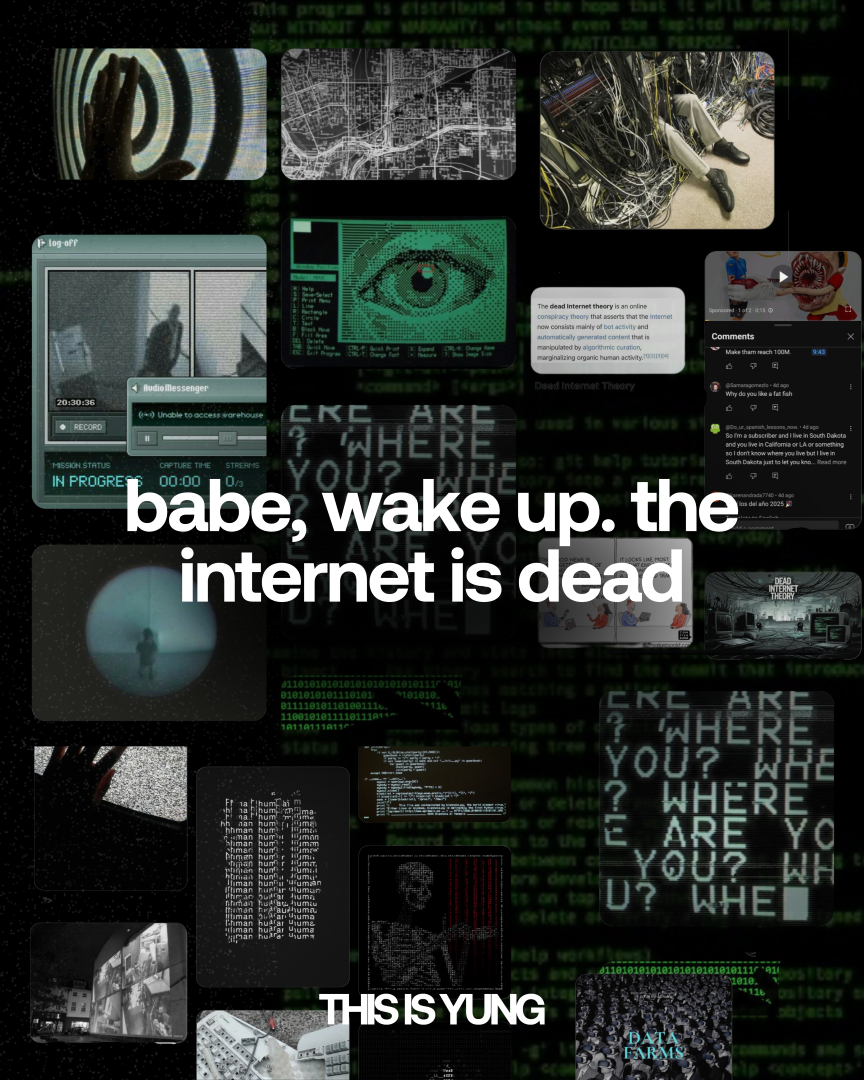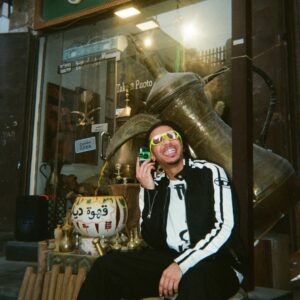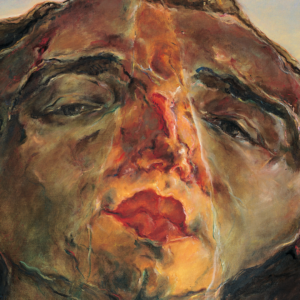The internet is dead. It died quietly, insidiously, without ceremony, sometime in the last decade. This is the Dead Internet Theory.
There’s been a slow, creeping replacement of real people with bots, AI-generated sludge, and engagement farms pretending to be your old favorite blog. You didn’t notice, did you? You still scroll, still click, still argue in comment sections—perhaps even with entities that aren’t human. But something feels a bit off, a bit unsettling, eerie even.
The Dead Internet Theory refers to the unnerving idea that much of what we interact with online isn’t real—at least, not in the way we assume. What started as a fringe conspiracy theory has become an uncomfortable possibility: a world where a vast portion of internet activity is automated, AI-generated content floods platforms, and genuine human engagement is dwarfed by algorithmic noise.
Once upon a time, the internet felt alive. It was chaotic, messy, deeply personal. It was the era of quirky Geocities pages, blog rings, and comment sections filled with actual people.
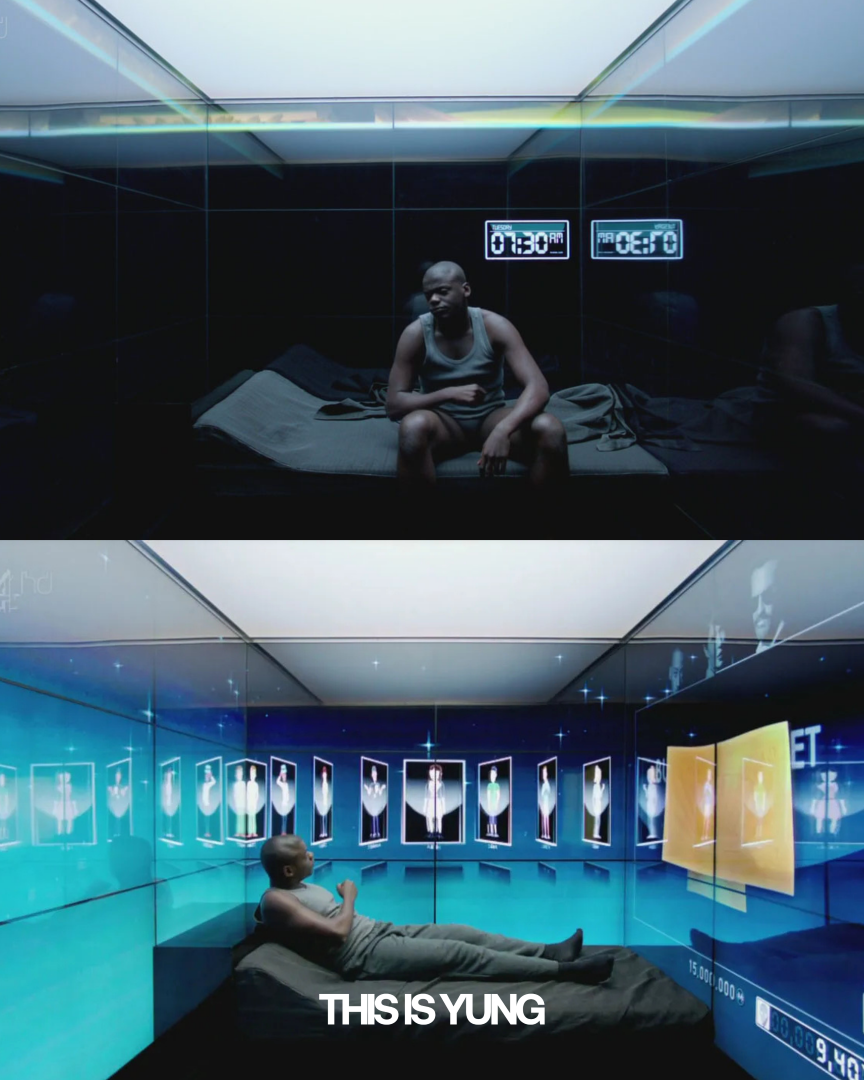
Now, the internet feels strangely… hollow. Scrolling through social media feels like wandering through a replica of a city that looks familiar but feels wrong. TikTok comment sections filled with eerily similar phrases. Twitter threads from accounts that all speak with the same cadence. Generic articles that seem to say a lot while saying nothing at all. Has the internet really been taken over by something else?
The internet was initially envisioned as an open marketplace of ideas, where individuals could freely exchange knowledge, culture, and art. But the current digital landscape is one in which automation plays an outsized role in shaping what we see and engage with. Algorithmic recommendation engines, predictive content generation, and bot activity have all but hijacked organic human interaction. Studies suggest that significant portions of social media traffic come from non-human entities, subtly manipulating public discourse and engagement metrics. The question becomes: how much of what we experience online is real, and how much is an illusion crafted by invisible hands? All this forms the heart of the Dead Internet Theory.
Gone are the days when one could stumble upon random things. Content is now force-fed to users through highly curated pipelines designed to maximize engagement and revenue. Search engine optimization (SEO) has replaced genuine storytelling, while clickbait and AI-generated articles flood cyberspace, drowning out human voices. Even music and film discovery have been reduced to algorithmic suggestions, narrowing our cultural experiences into predictable loops. The consequence is a world where what feels like choice is, in reality, a guided tour of pre-selected content.
French philosopher Jean Baudrillard famously argued that we live in a world of simulacra—copies of reality that have replaced the real. Dead Internet Theory suggests that the web has undergone a similar transformation. Instead of being a space for genuine human interaction, it has become a self-referential system where content is produced, disseminated, and consumed by artificial entities. This not only impacts media consumption but seeps into social and political realms, shaping beliefs, radicalizing individuals, and manufacturing consensus.
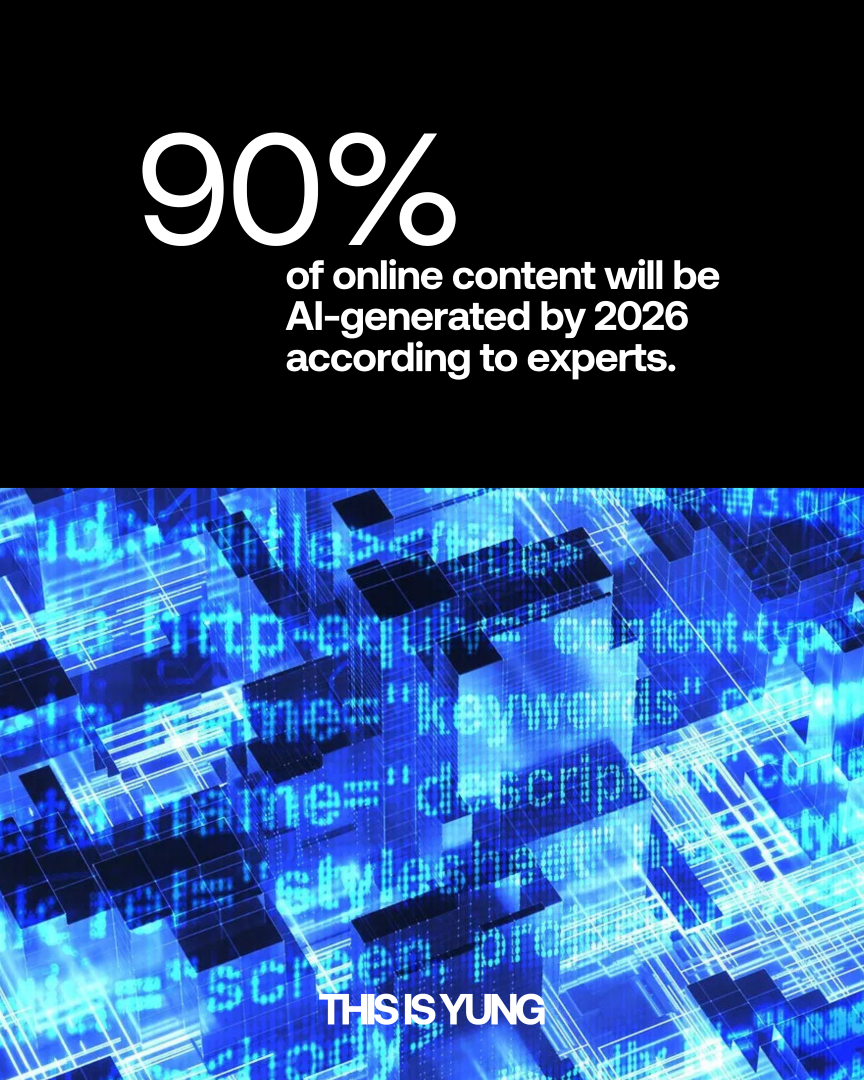
If you’ve ever had the unsettling feeling that the internet is becoming less human, you’re not alone. Studies suggest that a significant percentage of online traffic is non-human. In 2021, research from Imperva estimated that bots made up nearly 40% of internet activity. And that was before the proliferation of AI. Some bots are harmless—crawlers indexing pages for search engines—but others exist solely to generate fake engagement, manipulate public opinion, or just flood the web with meaningless content.
And then there’s AI-generated content. Google search results are increasingly dominated by articles that read like they were stitched together in a factory. The explosion of AI-generated art and music raises the question: at what point does the digital world stop reflecting human creativity and start existing as an entirely artificial ecosystem?
A central debate within Dead Internet Theory is whether this transformation is a deliberate psy-op—an orchestrated attempt to control the flow of information—or simply the inevitable byproduct of capitalism, technology, and the attention economy. Governments have long been known to employ bots and digital propaganda to shape narratives, while tech conglomerates profit from engagement-driven algorithms that prioritize ad revenue over authentic content. Whether by design or accident, the outcome remains the same: a digital sphere that increasingly distances itself from human spontaneity.

If the internet is indeed “dead,” does that mean it’s beyond resurrection? A growing movement of digital rebels argues otherwise. Decentralized platforms, blockchain-based social networks, and open-source initiatives seek to reclaim the web from monopolistic control. The resurgence of long-form blogging, personal websites, and encrypted peer-to-peer communication reflects a desire to break free from algorithmic dictates and rediscover the internet’s lost soul. The question remains: will these efforts be enough to counteract the overwhelming force of automation and corporate influence?
If the internet is dead, does that mean we should log off and let the bots have it? Not necessarily. But it does mean we should be more aware of what we consume and who (or what) we engage with.
Instead of mindless scrolling, find real discussions, independent forums, niche communities where human interaction still thrives. Use the internet as a tool, not a default setting. The less you rely on an algorithm to feed you content, the more control you regain over your online experience.
Dead Internet Theory, whether entirely accurate or not, forces us to confront a deeper issue: the web no longer belongs to the people. It is up to us to determine whether we let it remain an artificial construct, or if we can breathe life back into its digital bones. Or are we moving on to something else entirely?
For more opinion pieces in the realm of arts and culture, check out out our dedicated archives here.
